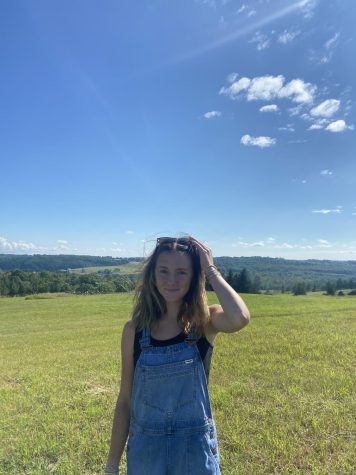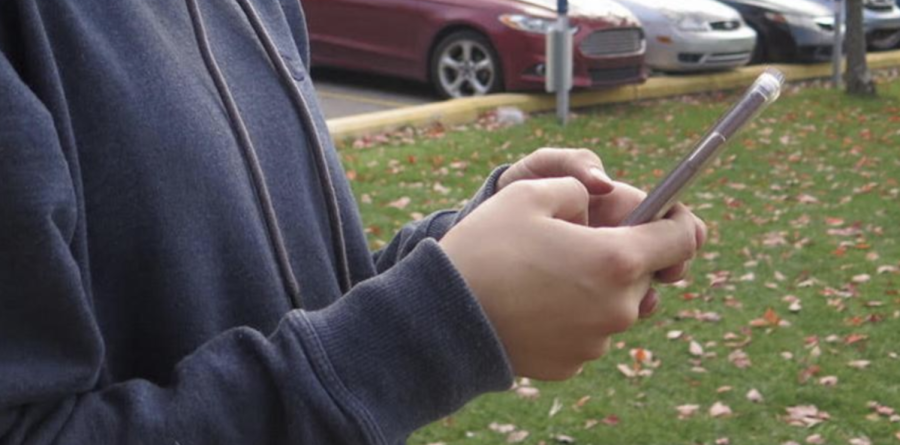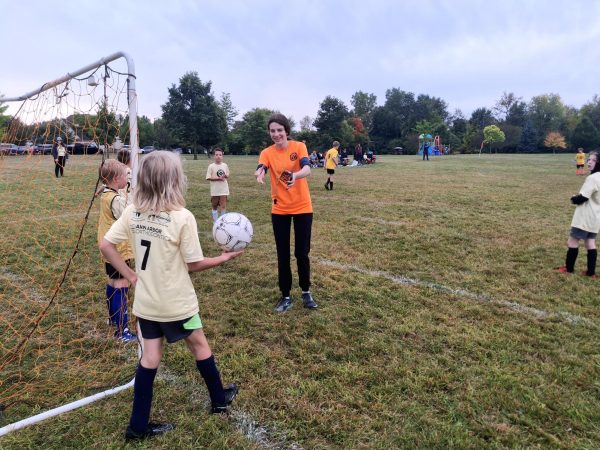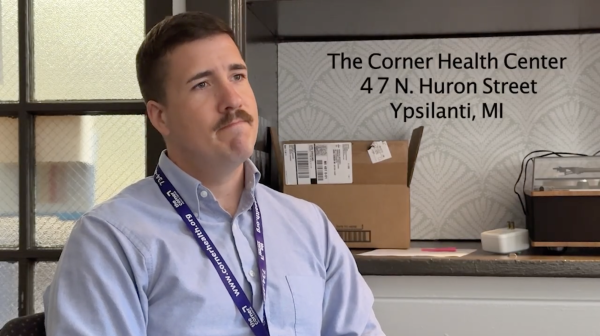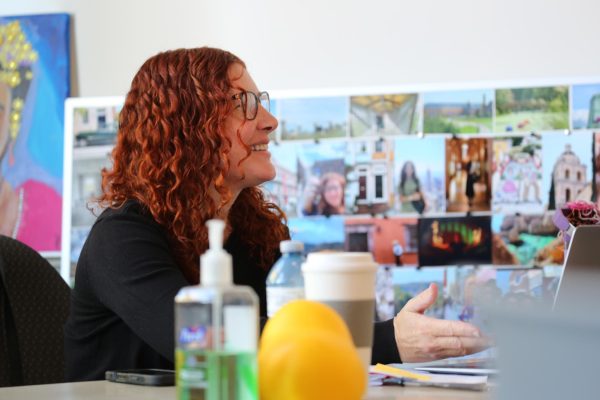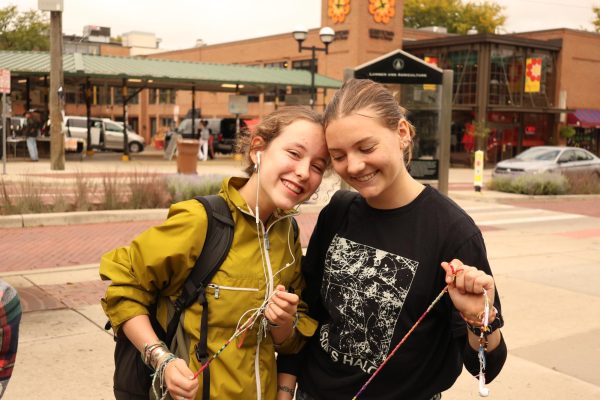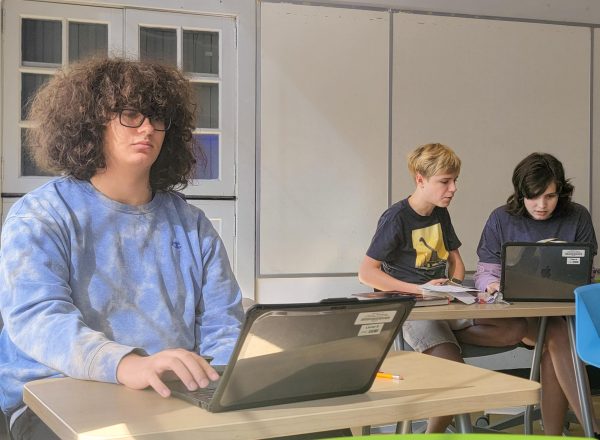Social Media’s Effects on Students
The importance of recognizing social media’s effects and why it is used.
Leah White scrolls through her phone. For her, she sees social media as a positive. “I have a private account and I only let people who I really know and trust and value as friends follow me,” White said.
“Honestly I found myself scrolling through [social media] way too much and worrying way too much about what other people are doing rather than focusing on what I’m doing,” said James Azim, a freshman at CHS. He sees social media’s downside and its effects.
“[Social media] encourages people to think they have to hold themselves to a certain standard, to the same standard that other people do,” Azim said, “And social media is just really fake, a lot of the posts there, they aren’t real. Good things do come out of social media. But compared to bad things, there’s more bad things.” He sees people portray their lives on social media different than their actual lives. Social media
has built pressure to be what is their “perfect.”
Leah White, a freshman at CHS, sees who you surround yourself with on social media as very important in determining the effects of social media.
“[Social media is] a positive thing [for me] because on Instagram, for instance, I have a private account and I only let people who I really know and trust and value as friends follow me,” White said, “So I’d say it’s a positive thing for me.”
Amy McLoughlin is a counselor at CHS and has worked at Skyline High School, Pioneer High School, and Bowsher High School in Toledo as a counselor. McLoughlin has seen students struggle with anxiety and depression in the past 20 years. Over those 20 years, she has seen the number of students increase.
Social media rates from Our World in Data show dramatic increases in the past 10 years how many people are using social media platforms and how many platforms there are. Social media has been linked to anxiety and depression.
“Not that cell phones are bad, but [they] cause underlying anxiety that we’re not always willing to look at with social media,” McLoughlin said. “I think sometimes you have to detox. Like you have to detox just like with anything else.” Part of using social media to its best ability is recognizing the bad aspects that often come with it, commonly comparing yourself to others.
McLoughlin felt herself spending too much time on Facebook, comparing her life to others and doubting things she was sure about such as who her friends were. She asked herself, “Why am I even thinking about this?” Then she deleted Facebook. “When you start to look at it as a snapshot in somebody’s life and thinking that their life is better than yours, I think that’s scary,” McLoughlin said.
She sees students at CHS comparing themselves to others on social media.
“I don’t know how you’re not affected by seeing what’s on social media,” McLoughlin said. Since social media is so popular it is hard to avoid it and deleting it can be hard when everybody else has it.
“I don’t think the answer is saying goodbye to social media,” McLoughlin said. “But I think that most students [should] just be very conscious of how [they] use it.” She sees students at Community setting limits on their phones and social media.
“I think Community kids want to have conversations, and I think they want to be engaged,” McLoughlin said. She sees social media affecting students with anxiety and depression frequently because it is an easy thing to fall back on when bored. At Community, she sees students with trusted staff members and a place they are comfortable and feel equal to the staff.
McLoughlin talks about CHS values and how they are clear to see. She says all schools want their students to succeed, but at CHS it is easier to see this because of the smaller setting. “What you have at Community is to have a smaller school and a smaller setting really helps a lot of people,” McLoughlin said. She sees the smaller setting as important because it is easier for students to find their place and knowing the staff as equal and trustworthy so they can have conversations.
